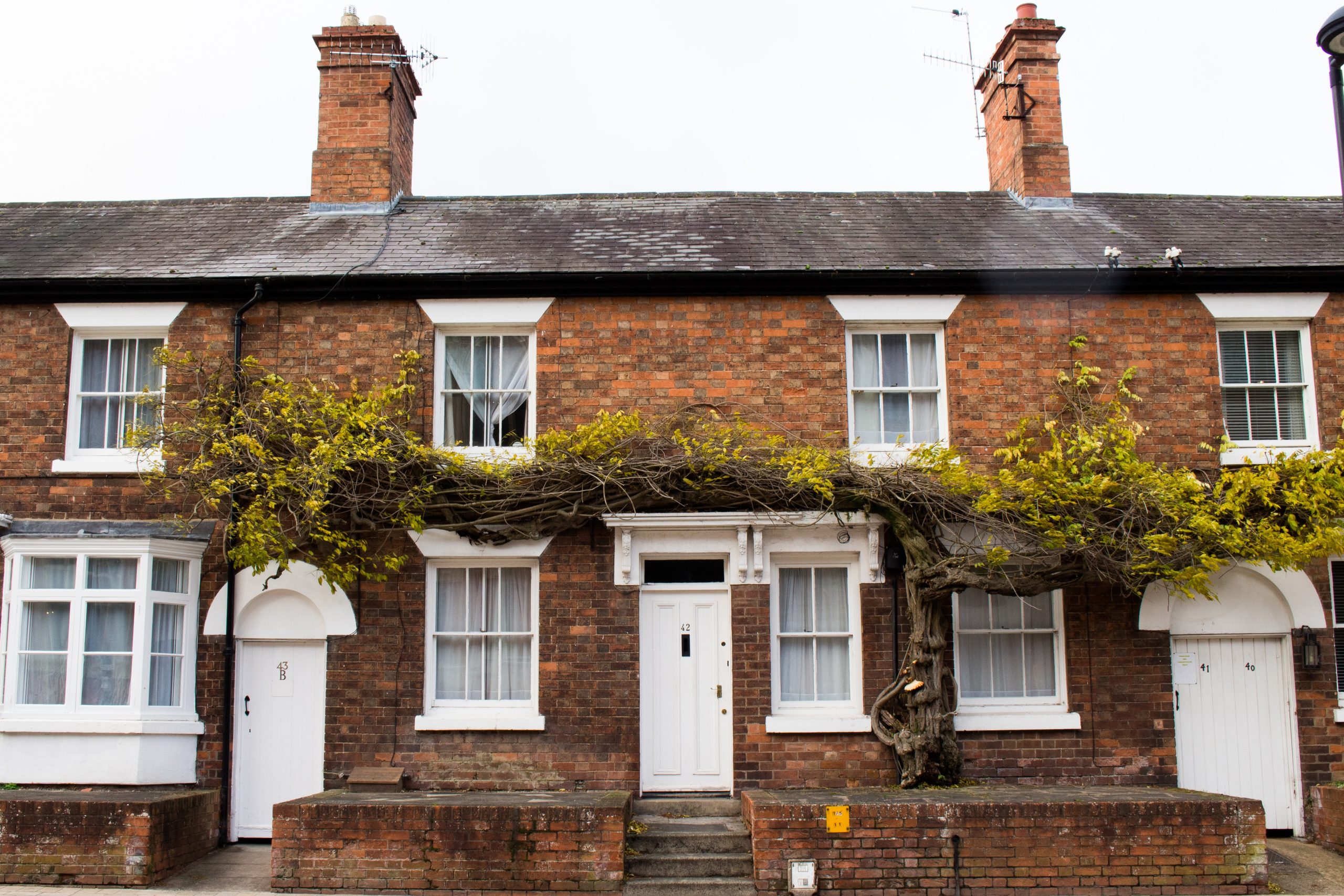My Year and a Half Living Abroad Part 2

It’s been a while since I’ve written about my time living abroad, but I’m back with another reflection. This time I’m covering more practical aspects of moving to a different country like housing and getting an international phone number, as well as a few things I wish I knew before I moved.
Finding Housing
A nice thing about realty websites is that you don’t need to be in the country to start looking at housing. For the UK, I looked at apartments on Rightmove in the beginning before contacting individual letting agencies in Stratford-upon-Avon. The letting agencies were good for getting a feel for what was available, but a lot of them won’t rent to you until you tour the house in person.
I ended up finding my house on Rightmove from an independent landlord. They were moving out of the country for two years, so it was perfect for my MA year. I also found roommates on my university’s student Facebook page. One person was already living in the UK, so she could go check out the house before we rented it. The house also came furnished, which I would definitely recommend for those who won’t be moving permanently or for longer periods of time.

Before I found my house, I had actually booked a hotel room for five days expecting to still be looking for housing by the time I got to the UK. It was non refundable so I ended up staying there, which was convenient for buying things like bedding and other essential items. I could take my time finding what I needed instead of rushing around.
The last few months of my visa I rented an Airbnb alone (this was fall/winter 2020 so the middle of COVID). While it was nice to live by myself, it was also pretty expensive. I wasn’t sure when I was leaving, so I couldn’t commit to a six month lease at a regular apartment and hotels were pretty much in lockdown mode. It was the convenient option, but also the expensive one.
Opening a Bank Account
This was definitely the most stressful part of moving. It took me about three weeks to open my UK bank account with HSBC. The woman who worked with me was very nice, but the overall process was pretty drawn out. UK banking is slightly different from US banking, but thankfully it wasn’t too complicated.
Also, since I was a student, I needed proof from my university about my acceptance in order to open my account. I was able to pick up a letter on campus with proof that I was a registered student when I checked in with my visa. Another girl in my program forgot to get hers, but she was able to contact the school and they sent her one in the mail.
While living abroad, I still kept my US bank account and used my US credit card for emergencies. Thankfully nothing came up where I needed to use it, but it was nice to have that security.
Getting a Phone
There are lots of ways to do this, from buying a pay-as-you-go plan to getting a monthly plan with a phone provider. I opted for the latter and got an O2 account with the cheapest plan that had calling, texting, and data. I also bought a phone to use instead of using my iPhone. After comparing the costs, I decided that an older UK phone would be cheaper because of the cost of data. If I had used my American phone, I would’ve definitely gone over my monthly data usage every month.
If you’re moving for a short period of time (less than 6 months or so) I’d definitely recommend getting a pay-as-you-go or basic SIM card.
Things I Wish I Knew Before I Living Abroad
While I did pretty well with the practical side, looking back I might have done a few things differently.
I spent a lot of time stressing about housing, but my university program provided a lot of information about bed-sits (aka renting a room in someone’s house) that I never even considered. It would have been a cheaper option than renting a house with other students, but it would have come with a bit less freedom (some had quiet hours or other restrictions).
Even though I got lucky with my HSBC account, I know a few other people who had consistent issues with theirs. I would’ve spent more time looking for a bank, but again I was stressed about getting everything settled before the term started.
I ended up buying most of my essentials new, but there were former students who were selling things like bedding or small pieces of furniture. In hindsight, I could’ve saved some money if I bought used things. I definitely recommend looking around for resale stores or buying something through Facebook marketplace and the like.
Living abroad can seem confusing at first, but my biggest piece of advice would be to use the resources available to you. Whether you’re moving for a job, school, or for family, don’t be afraid to ask for help navigating living in a new country.
About The Author
Charlotte Leinbach
Related Posts
My Year and a Half Living Abroad Part 1
This post is the first in a series where I’ll be sharing my experience…
Blogging – Take 2
I’m trying my hand at blogging. Again. Originally I started this blog to catalog…



